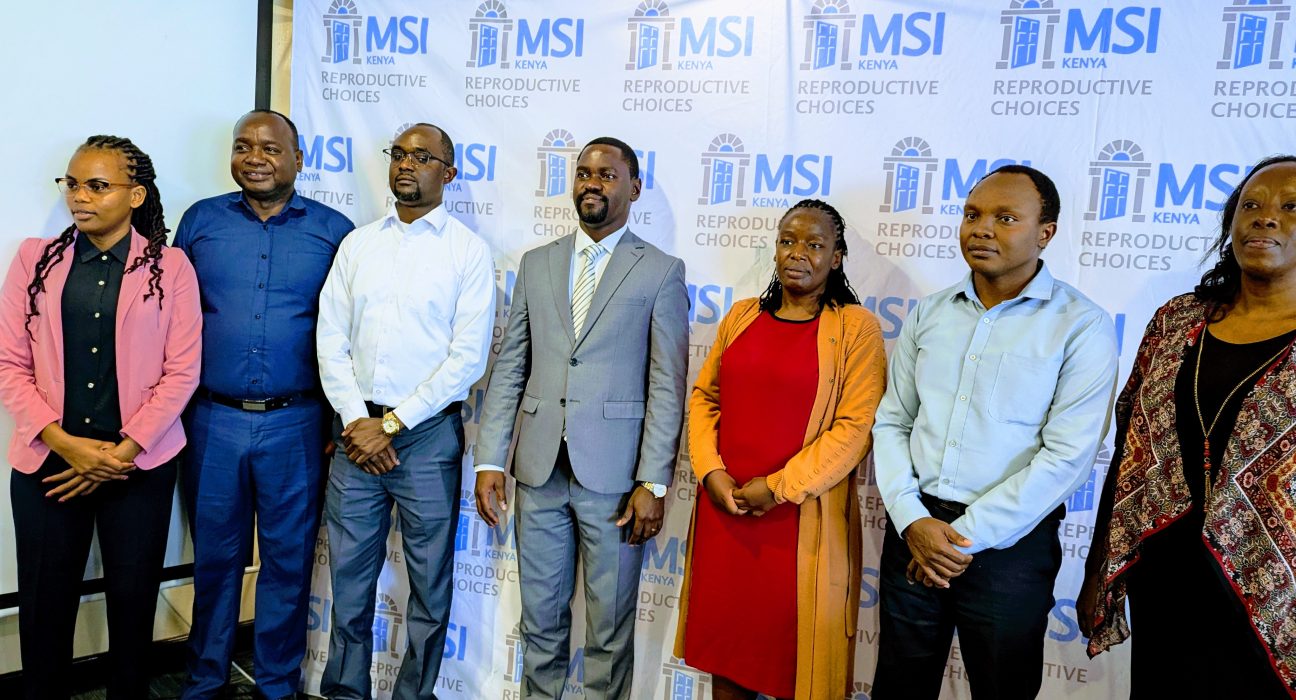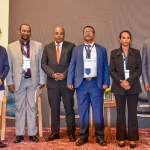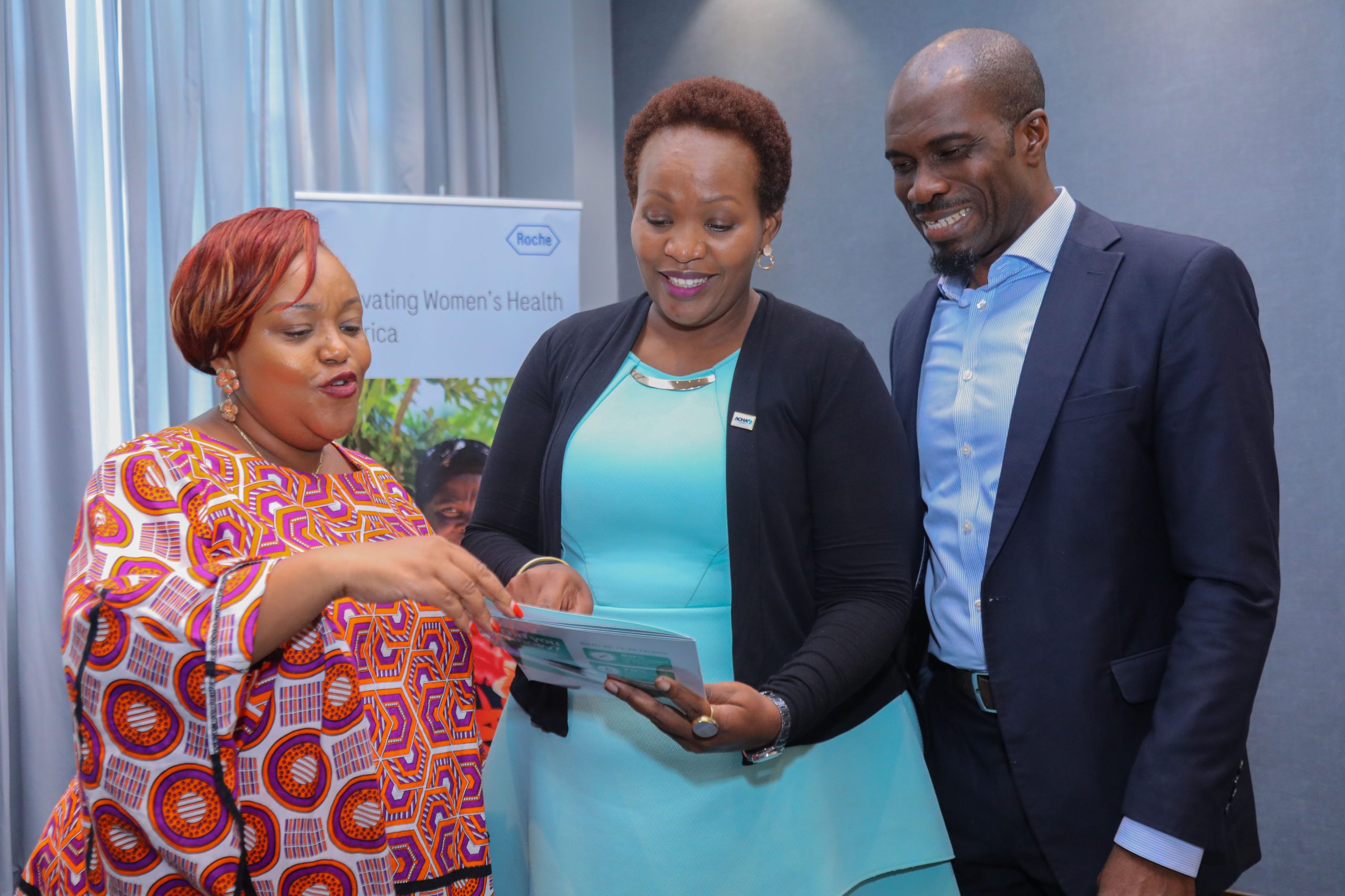By Eddah Waithaka
For four decades, MSI Reproductive Choices Kenya has been at the forefront of transforming reproductive health access in Kenya, empowering millions with the right to choose if, when, and how to have children.
As the organization marks its 40th anniversary, it celebrates groundbreaking achievements while confronting urgent challenges, including shrinking donor funding and restrictive policies that hinder youth access to care.
From One Clinic to a National Movement
Founded in 1985, MSI Kenya began as a single clinic in Nairobi. Today, it operates 16 outpatient clinics, a full-service maternity hospital, and supports 260 public health facilities across 41 counties.
Through mobile outreach teams, it reaches remote and marginalized communities, including informal settlements and arid regions ensuring no one is left behind.
In 2024 alone, MSI Kenya averted 528,000 unintended pregnancies, prevented 1,500 maternal deaths, served 763,000 clients, and provided 2,493 permanent contraceptive procedures, including 231 vasectomies as more Kenyan men embrace family planning responsibility, while expanding access to reproductive healthcare through its network of clinics, mobile outreach teams, and partnerships with public health facilities across 41 counties.
Innovations and Partnerships Driving Change
MSI Kenya leads in expanding contraceptive choices by providing long-acting reversible contraceptives (LARCs) and permanent methods while training healthcare workers across public hospitals, delivers life-saving post-abortion care despite legal restrictions “Every woman deserves compassionate, dignified care, no matter the circumstances,” emphasizes Dr. Walter Obita, Country Director, and bridges healthcare gaps in remote areas through innovative telemedicine platforms and mobile clinic outreach teams.
Funding Crisis Threatens Progress
The withdrawal of USAID support has left a gaping hole in reproductive health financing. Reports indicate that essential contraceptive commodities risk destruction overseas due to funding shortages.
“We urge the Kenyan government to increase domestic funding and prioritize contraceptive access,” Dr. Obita emphasizes.
“Without investment, maternal deaths and unintended pregnancies will rise.”
Youth Access: Legal Barriers vs. Reality
Kenyan law requires parental consent for minors seeking contraception, a major hurdle as adolescent pregnancies remain high.
Kenyan law’s parental consent requirement for minors seeking contraception continues fueling high adolescent pregnancy rates, prompting MSI Kenya to push for comprehensive sexuality education in schools, stigma-free adolescent-friendly clinics, and urgent policy reforms that finally align reproductive health laws with young people’s real needs and realities.
“Teenagers are sexually active, denying them services doesn’t stop pregnancies, it only increases risks,” says Dr. Obita.
The Abortion Debate: Time for Change?
With 793,694 unsafe abortions occurring annually per a 2025 Ministry of Health report, MSI Kenya faces calls to push for full decriminalization.
“Unsafe abortion is a public health crisis,” says Dr. Obita. “Legal reform, alongside better contraception access, will save lives.”
As MSI Kenya enters its next decade, the organization will scale up mobile and telemedicine services to reach more underserved communities, strengthen partnerships with county governments to expand reproductive health access, and advocate for crucial policy shifts to improve youth access to services and advance safe abortion care across Kenya.
“Our mission remains unchanged,” says Dr. Obita. “Every Kenyan, no matter their age or location, deserves reproductive choice.”







